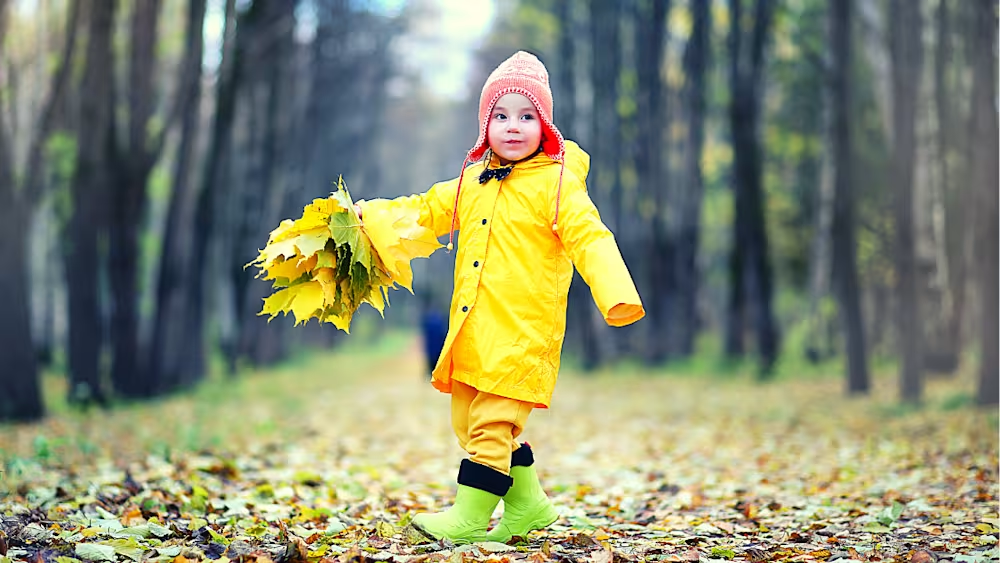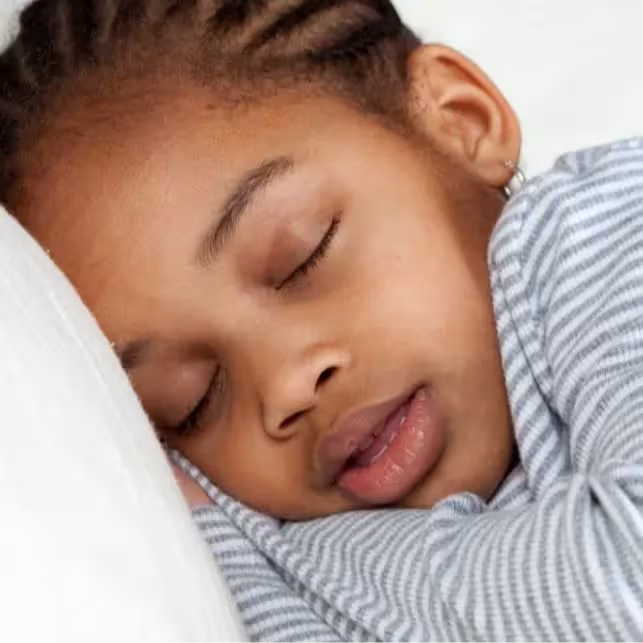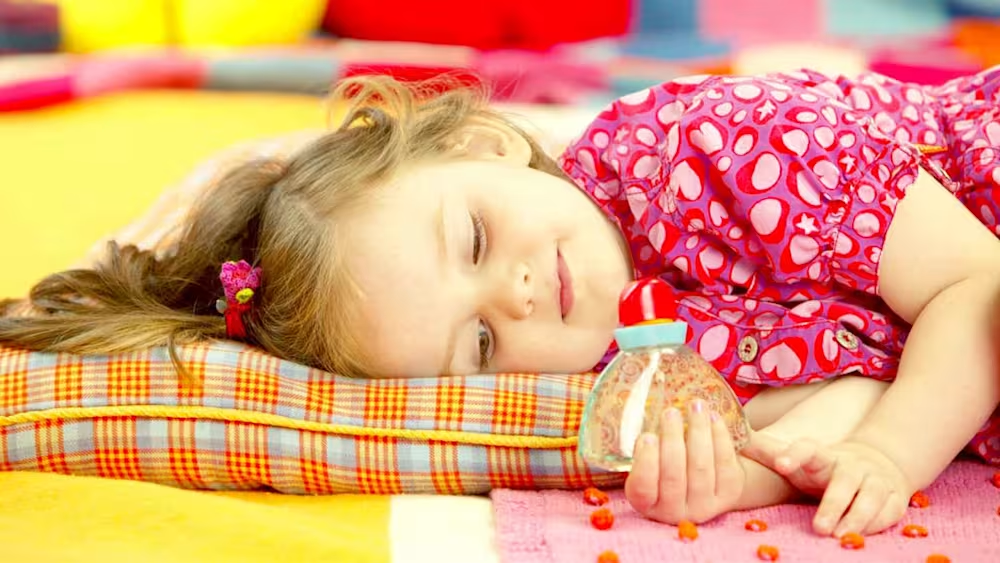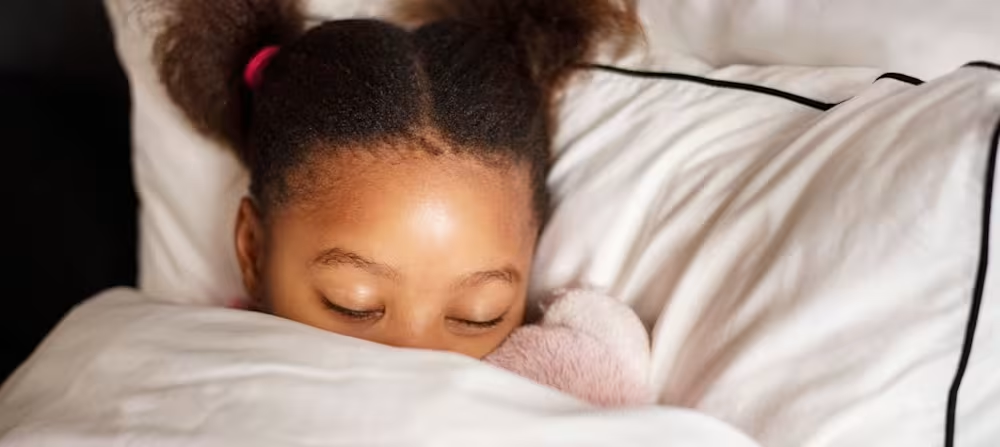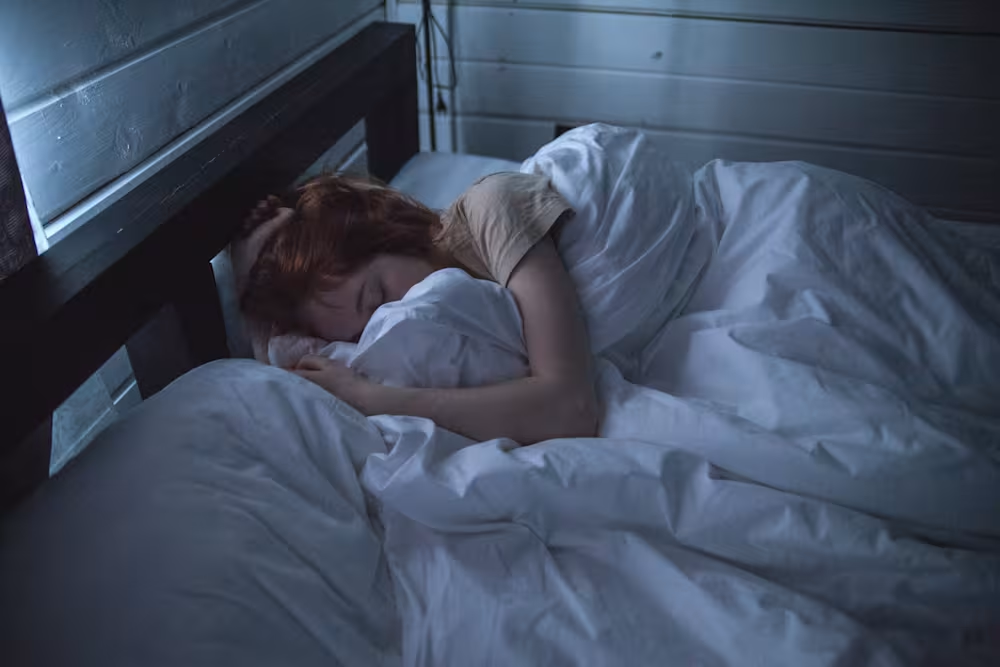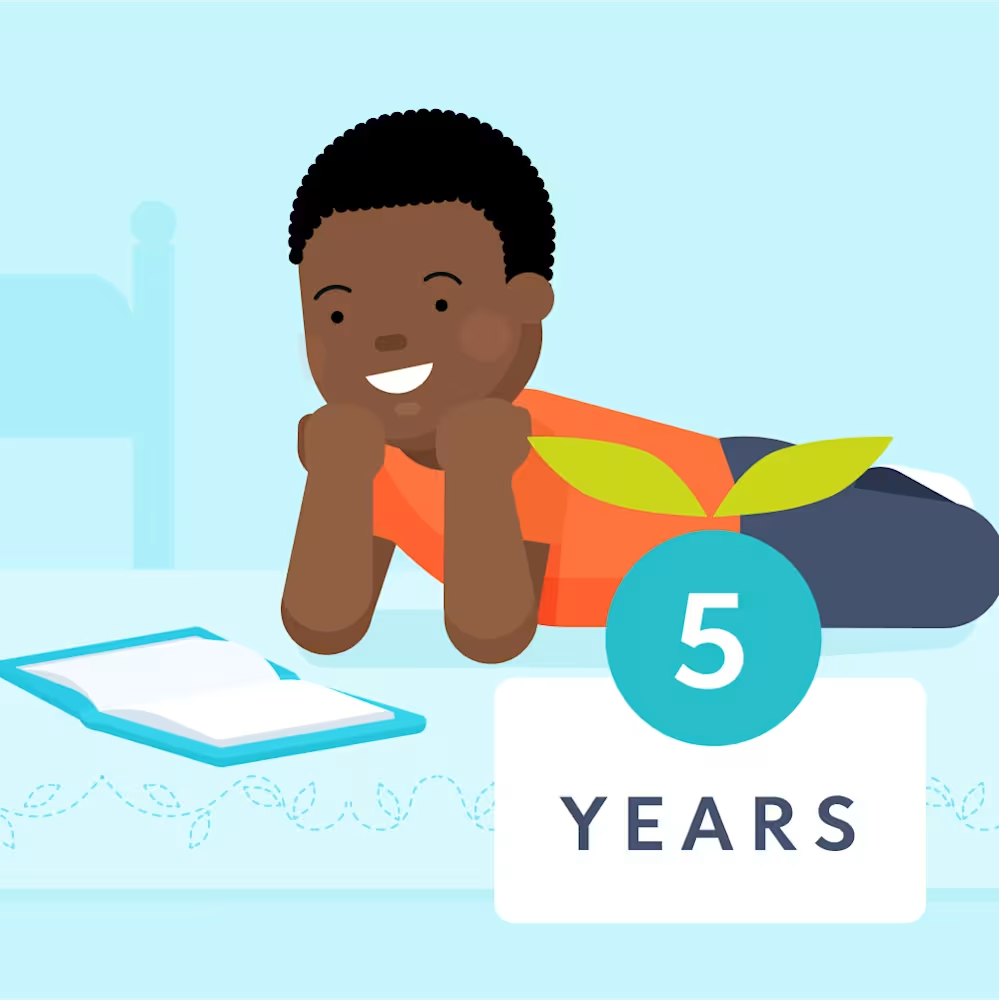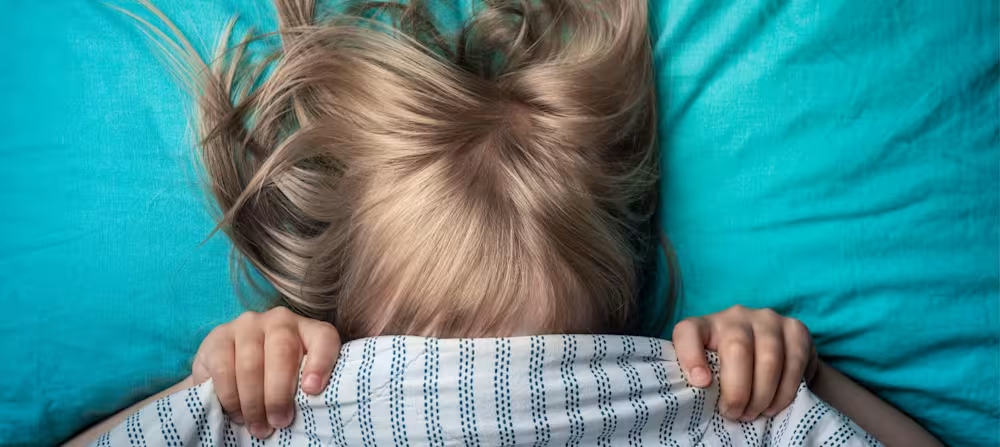Back to school sleep schedule & tips
Updated Oct 16, 2025

Summer vacation’s winding down and parents are turning their attention to preparing for the back-to-school season. Sure, you’ve scheduled the haircut and loaded up on school supplies. But have you thought about whether your little one’s current sleep routines will equip them for the busy school days ahead? After all, numerous studies [] link poor sleep with poor school performance and negative health outcomes.
If your child’s sleep could use a little help, check out our top tips for getting back on track for school.
Pull back on the late nights
Why?
At this point in the year, many families find that their schedules have crept later; kiddos are going to bed on the later side, which means they wake up later in the morning as well. If your child is currently waking up too late, we recommend gradually shifting your child’s schedule earlier so they’ll have enough time to get ready for school. Start a few days before school starts.
How?
Unfortunately, if you try an earlier bedtime on the night before school, without any preparation, this can backfire and lead to bedtime resistance. To gradually shift their schedule in advance, and ensure that your child will be ready for sleep at an earlier time, start by waking them up a bit earlier each morning.
Let light and noise into their room 15 - 30 minutes earlier than they typically wake up to gently rouse them from sleep. Not only will this help signal their internal clock to start waking up earlier, but it will make an earlier bedtime easier too.
Likewise, start aiming for an earlier bedtime each night. Continue to move their schedule 15 - 30 minutes earlier each day until you have reached your desired morning rise and bedtime. (Note: this method works best when your child is already getting enough sleep.)
Aim for an appropriate amount of sleep
Why?
While we all know that getting enough sleep is essential for the growth and well-being of children’s minds and bodies, determining how much sleep is enough can be tricky.
For math and languages, we need to use the skills that are called ‘executive functions’—things like working memory, planning, not being distracted. The hardware that supports those skills is in the pre-frontal cortex of the brain, which is very sensitive to the effects of poor sleep or insufficient sleep.
— Reut Gruber, clinical psychologist
How?
Review the chart below to see the average amount of sleep a child needs depending upon age. Remember that some children need more (or less) sleep than average. Let their mood and energy levels help guide you when determining whether your kiddo is well-rested on a regular basis.

Re-establish sleep boundaries
Why?
While on vacation, many families end up co-sleeping (or rocking) their children to sleep out of desperation so that everyone can get some rest. While it can help in a pinch, this often causes disrupted sleep once the family returns home.
* Please note that if a family chooses to co-sleep or otherwise help their little one to sleep, and the family is well rested, we absolutely support that decision! This tip is for the many families that find that parental-led associations (rocking, holding, feeding to sleep) negatively impact their family’s sleep.
Consistent with previous research, this study found that infants who were consistently put into the crib awake were more likely to be self-soothers than infants who were consistently put into the crib asleep. Infants who required parental assistance to fall asleep at the beginning of each night were more likely to require parental assistance upon awakening in the middle of the night.
—
How?
If your baby or toddler has become accustomed to extra help in order to fall asleep over vacation, you’ll want to return to your pre-vacation routines as soon as possible once you get back home. Since your child is used to your help, you’ll likely find that they expect that help while back at home.
It’s normal for a child to be confused about the expectations regarding sleep if their routines changed on vacation. They’ll likely fuss or cry to show their displeasure once they’ve asked to fall asleep on their own again. Use the same method that you initially chose to help them get used to falling asleep independently once again. Within a few days, they should accept the sleep “rules” for home once again and get back on track.
Keep in mind that even if you don’t have a chance to prepare ahead of time (hello last-minute vacation right before school starts), it’s never too late to make changes that promote a healthy sleep schedule. The first week may be a bit bumpy if you’re suddenly jumping into a new schedule. With your help, though, your kiddo will adjust. You’ve got this!
Share article:
Note: The content on this site is for informational purposes only and should not replace medical advice from your doctor, pediatrician, or medical professional. If you have questions or concerns, you should contact a medical professional.
1 Sources
Share article:
